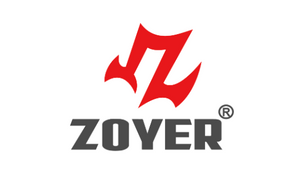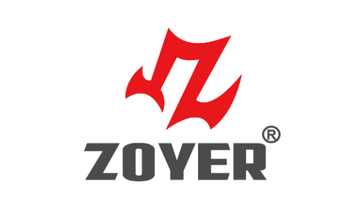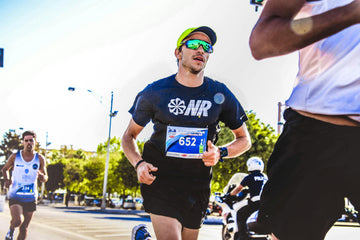Recovering after running a marathon is a crucial aspect of the overall training process. Completing a 26.2-mile race is an extraordinary accomplishment, but it can take a toll on your body both physically and mentally. Proper recovery is essential to ensure that you bounce back quickly, minimize the risk of injuries, and set the foundation for future training. Here are some key aspects of post-marathon recovery:
-
Immediate Cool Down: As you cross the finish line, resist the urge to come to a sudden stop. Walk for at least 10-15 minutes to gradually decrease your heart rate and allow your body to transition from high-intensity exercise to a resting state. Gentle stretching can also be beneficial in preventing stiffness and muscle tightness.
-
Rehydration and Nutrition: Marathon running leads to significant fluid loss through sweat. Rehydrate with water or electrolyte-rich drinks to replenish lost fluids and restore electrolyte balance. Consuming a balanced post-race meal that includes carbohydrates, protein, and healthy fats is crucial for replenishing glycogen stores and aiding muscle recovery.
-
Rest and Sleep: Your body needs time to repair and regenerate after the physical stress of a marathon. Ensure you get adequate rest and prioritize quality sleep in the days following the race. Sleep is when your body releases growth hormone, which is essential for muscle repair and overall recovery.
-
Active Recovery: Light, low-impact activities such as walking, cycling, or swimming can stimulate blood flow to fatigued muscles without causing additional stress. Active recovery helps prevent stiffness and promotes the elimination of metabolic waste products from the muscles.
-
Massage and Foam Rolling: Professional massages or self-myofascial release using foam rollers can aid in muscle recovery by improving blood circulation, reducing muscle tightness, and minimizing inflammation. Target areas of particular soreness to alleviate tension.
-
Ice Baths and Contrast Therapy: Some athletes swear by ice baths for reducing inflammation and speeding up recovery. Alternatively, contrast therapy involves alternating between hot and cold treatments, which can help enhance blood flow and reduce muscle soreness.
-
Reflect and Celebrate: Take the time to reflect on your marathon experience and celebrate your achievement. Acknowledge the hard work, dedication, and perseverance that went into your training. Setting aside time for mental recovery is just as important as physical recovery.
-
Gradual Return to Training: While it's essential to rest after a marathon, a complete cessation of physical activity is not advisable. Engage in light activities initially and gradually reintroduce running. Listen to your body and be mindful of any persistent soreness or signs of injury.
-
Consultation with a Professional: If you experience lingering pain, discomfort, or any unusual symptoms during your recovery, consult with a healthcare professional or a sports medicine specialist. They can provide personalized advice and address any concerns.
In conclusion, effective recovery after a marathon involves a multi-faceted approach that encompasses physical and mental aspects. By prioritizing rest, nutrition, and gentle activity, you can ensure a smoother recovery process and set the stage for future running successes.


